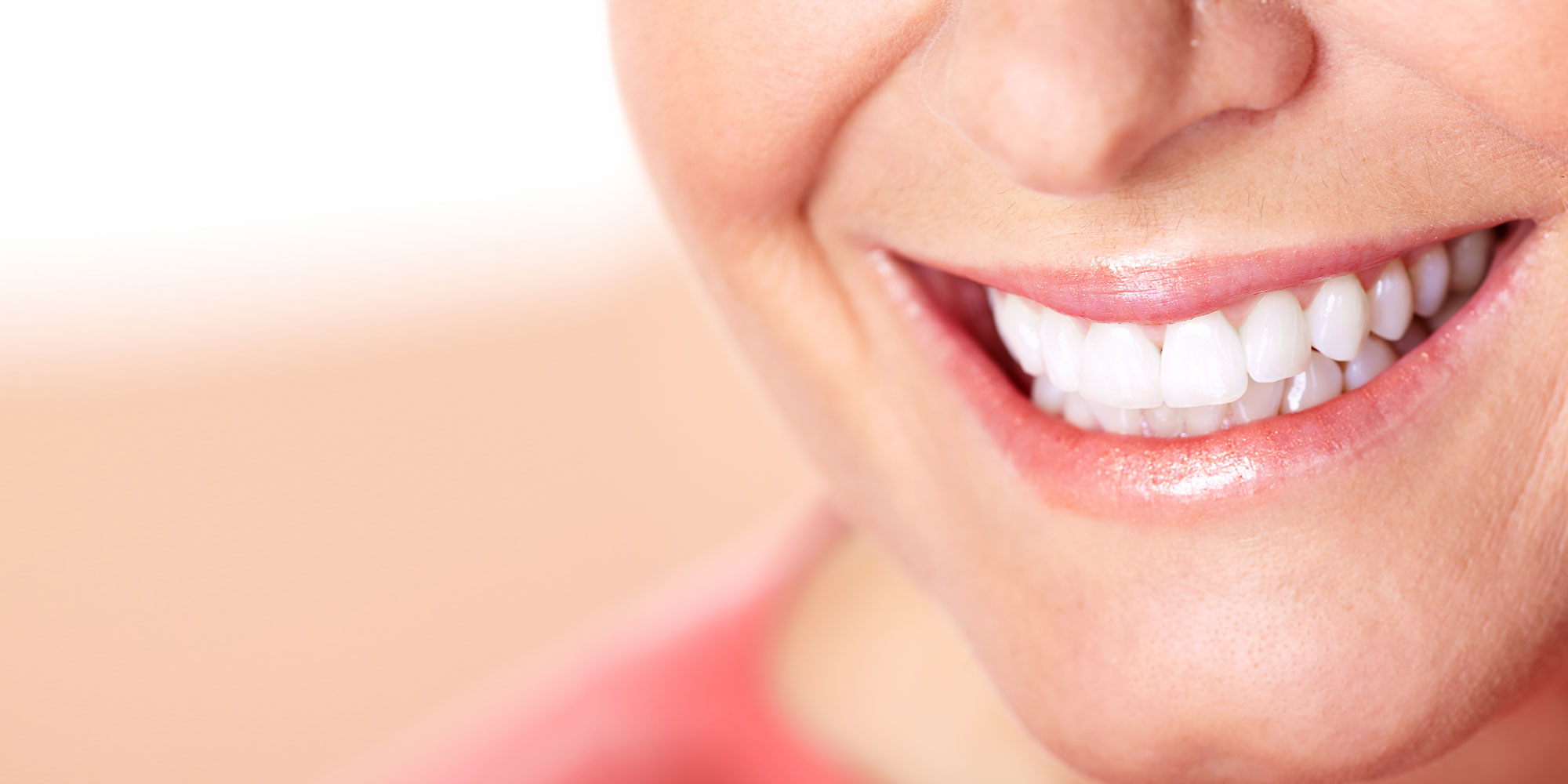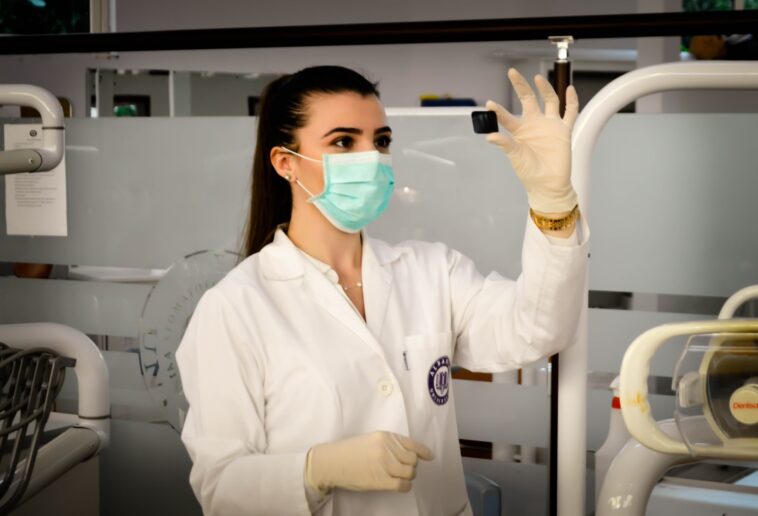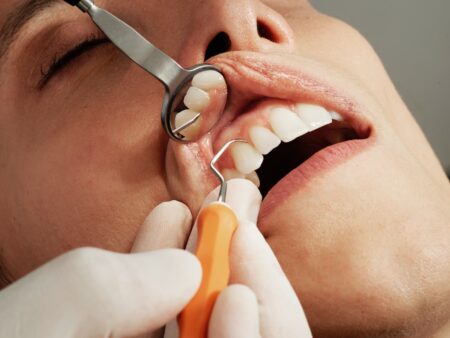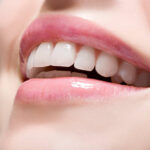Although everyone wishes to have completely white and flawless teeth , this is a utopia in a natural way. Nobody has pristine white teeth like many famous actors, by nature.
White, large, aligned and strong teeth are always a plus for our smile, but you will be surprised to know that totally white teeth are not always indicators that they are totally healthy or that having white teeth is not always good.
Throughout this article you will discover why slightly yellowish teeth are healthier.
Due to various factors or influencing agents in the society in which we live, such as advertising, public figures; They influence us to want a totally white teeth, but you should know that nobody has white teeth by nature, to achieve this you have to undergo treatments .
Well, it is known that there are different methods to whiten teeth that are very effective and with which very white tones are obtained , but it is necessary to resort to whitening treatments. In addition, it is necessary to clarify that the coloring of our teeth is not only due to the habits we carry out in them (food, hygiene, tobacco, drinks).

Why are the teeth not totally white?
We share with you what factors influence the shade of our teeth, since these are mostly due to genetics, age
The color of each person’s teeth depends on their genetics and on the layers of the teeth, on their age. As we get older, the color of the teeth changes. These factors influence the color of our teeth and make each person have a more yellow, brown or gray color.
Just as the skin tone of each person is different and is not totally homogeneous, it is the same with the teeth. For that reason the teeth are not completely white . Dentin is the inner part of the tooth and is responsible for giving that yellowish color. It is covered with enamel, which is translucent, and therefore depending on the thickness of the enamel, that is, of our teeth and depending on the quality of the enamel , the dentin will be seen more or less and consequently that yellowish color. It is for this reason that they are slightly more healthy a little yellow, because the dentin is reflected in the enamel.
Aging is not only announced with the presence of wrinkles, a different posture, but also our teeth play an important role, since there is also aging.
Now, teeth can acquire stains due to various factors, and these belong to two types, intrinsic and extrinsic.
Intrinsic : these types of stains are common and it also does not depend on us to control them. Most of these stains are caused by taking strong medications in the process of tooth formation. Likewise, bad decalcification, bumps and dental aging influence , because although we know, the tone of the teeth is not the same as when we are children.
Extrinsic : these stains are what make us responsible for having bad habits and their appearance can be controlled if we stop: smoking, drinking wine , infusions, tea, rinses with chlorhexidine.
Once the teeth are changing their coloration, people are capable, more those who care about their aesthetics, to consume products that have the promise of leaving a white teeth, but their use in excess can also be counterproductive.
Eating a poor diet and consuming excess alcoholic beverages or tobacco not only leads to medical problems, but also to the aesthetics and health of the teeth.
How do everyday habits influence tooth color?
The intake of pigmented foods or beverages such as coffee, wine, tea, as well as the consumption of some antibiotics , causes the enamel to be affected by staining or yellowing excessively. Therefore, to prevent good dental health, it is necessary to moderate the consumption of these products. In addition, it is also essential that you maintain good dental hygiene, brush your teeth after meals and from time to time use mouthwashes for a complete cleaning .
On the other hand, it is known that after drinking hot beverages it is not advisable to wash your teeth immediately, since it can damage their enamel in addition to causing sensitivity.
What about excessive hygiene?
We know that any excess carries a risk, and this also applies to oral hygiene, since excessive brushing of teeth can also be a two-edged sword, on the one hand you will have a fresh cleaning and on the other your gums can be damaged and teeth are left unprotected .
Just as little or no hygiene is very harmful to oral health, excessive hygiene could cause the teeth to turn more yellow than normal. In addition, the use of aggressive toothpastes, excessive use of fluoride or toothbrushes that are too strong can damage the enamel and affect the shine of the teeth , as well as your oral health. In addition, it is important that when brushing your teeth you do it properly, in such a way that the teeth are not damaged and you hurt your gums.
Also, in oral hygiene the same applies to mouthwashes . If these are used in excess and even more so if they contain a large percentage of alcohol, it is not a good alternative if you want to have white and clean teeth. The common symptoms that appear due to excess rinses are: burning gums, sensitivity in the teeth, and they are causing small brown pigmentations to appear, mainly on the teeth.









GIPHY App Key not set. Please check settings